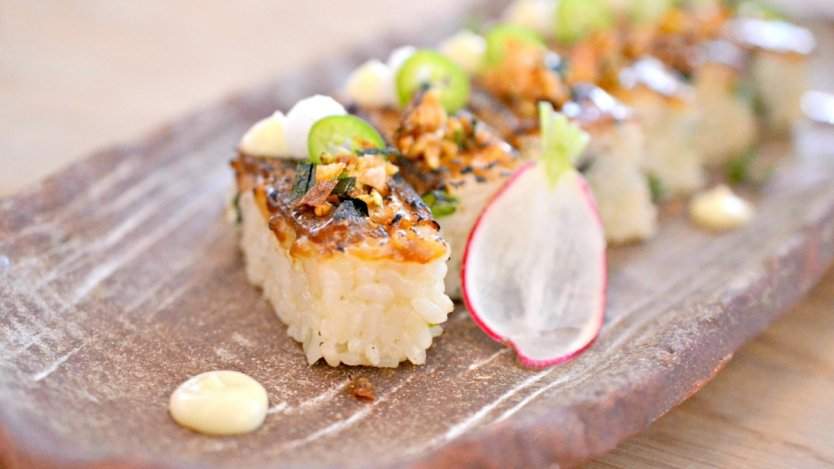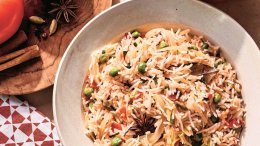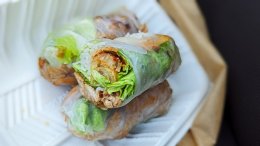"Pacheco tosses giant king crab pieces in a light mayo dressing with simple garnishes of avocado and umeboshi, and serves it in its own shell on a bed of ice and seaweed in a large silver tray, the crab glowing pink from beneath. It’s a theatrical dish, but it’s also confidently uncomplicated. And the taste? As if the seas met the heavens and decided to send out 'Save the Date' wedding invites."
A beautiful couple of lines from Amy Rosen's feature in enRoute magazine about a whimsical dining circus she experienced on Ibiza through the masterful minds and culinary skills of the Adria brothers.
"Sometimes the description doesn’t even have to totally make sense, but should explain things in an entertaining way and move the story along," says the well-known Canadian food writer.
It isn't always the approach to wax poetic when it comes to food writing, but with many culinary experiences, the words and phrases a person uses should help shape a story, invoke readers' imagination and pull us in like those few lines above certainly could. There are many ways to describe an experience, so many words in that great big dictionary that it's a real shame when you come across one in an article that stops you dead in your tracks. Naturally, liking or disliking a word can be as subjective as picking your favourite Backstreet Boy (AJ, obviously), but there are more than a few recurring ones in the food writing world that definitely call for a thesaurus.
And with that, here are some of the most dreaded descriptors in Canadian food writing, as selected by a cross-section of the country's food media.
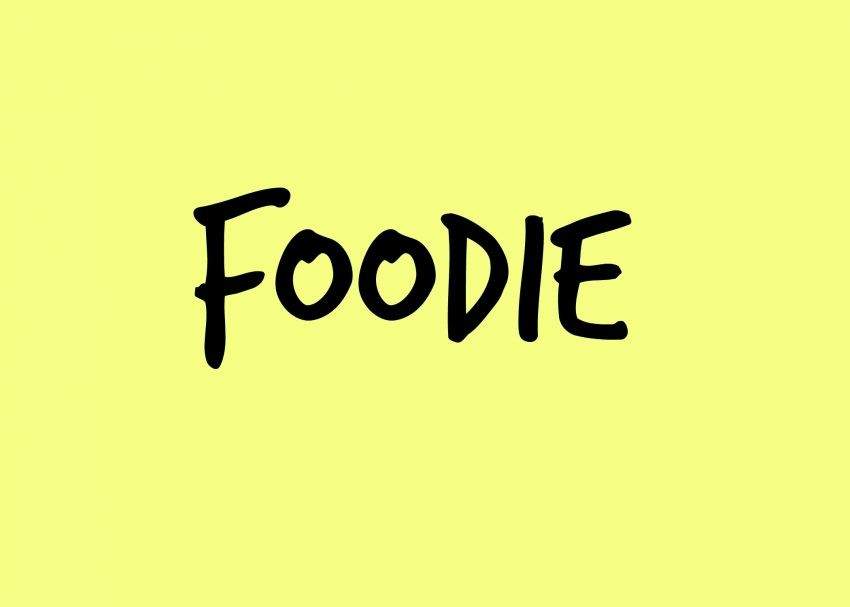
"I'm going to go with 'foodie', as I'm sure someone else will too. I swear I get the shivers when I hear it. Just stop with it for now and forever and ever. It's so infantile! The word 'gastro' also bothers me, probably more than it should. Perhaps it's just too clinical and has me thinking of gastric and surgery and all things not happy in one's stomach!" -- Renee Kohlman, Saskatoon food writer and (soon-to-be) cookbook author.
"There needs to be a better word for this--food lover, culinary enthusiast (OK, that one is still fairly obnoxious)--there's got to be something! It's cringe worthy enough when you hear people tell you, 'I'm such a foodie,' but it's even worse to see lines like, 'my foodie friends and I' in an actual print article, cookbook or blog post." -- Me (Dan Clapson).
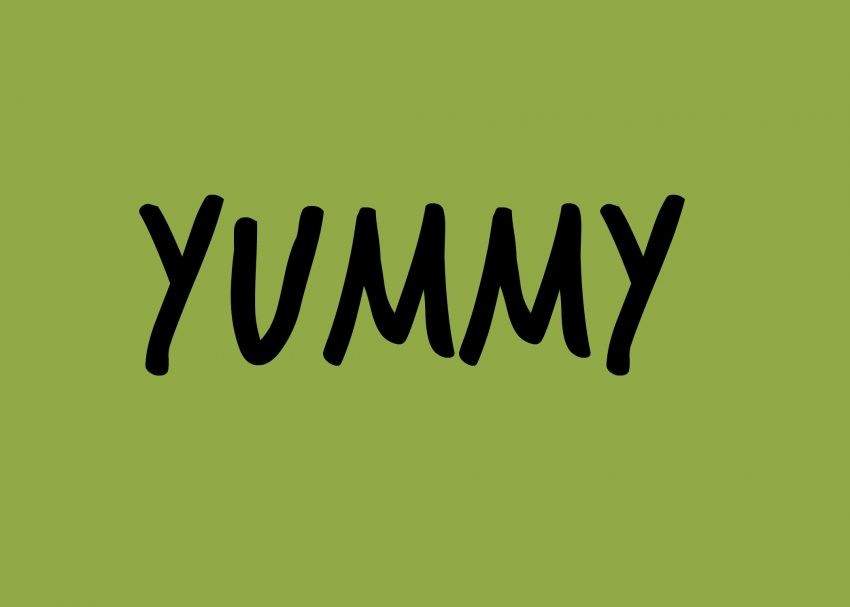
"Not because it’s juvenile, which it is, but more because it’s annoyingly ambiguous. Also, anything that is 'redolent of' sounds so friggin’ arrogant." -- Alexandra Gill, Globe and Mail restaurant critic.
"Only parents trying to convince their two-year-old to eat puréed peas or prunes should say 'yummy'. It doesn't belong in any serious food article, review, or blog post. Whoever uses that word needs a time out." -- Twyla Campbell, CBC Radio Edmonton restaurant critic.
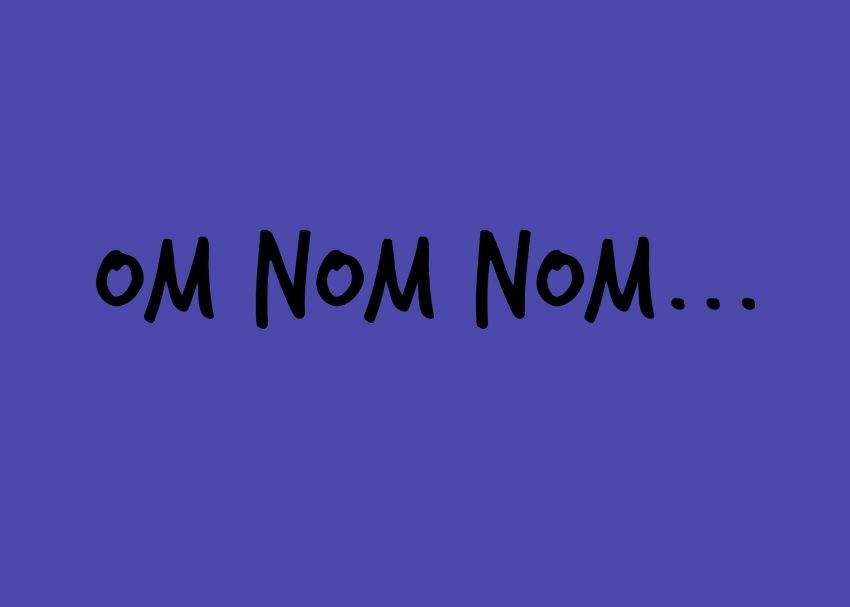
"Is that even how you spell it? I mean, what the hell is that? What does it represent? Something delicious? Something pleasurable? Are you a monster?" -- Pay Chen, TV personality and radio host.
"Unless you are a cartoon cat eating a cheeseburger, you aren't ever allowed to use it." -- Karlynn Johnston, (soon-to-be) cookbook author and food blogger.

"Gross. Food should tell a story, and mouthfeel doesn’t do that. What exactly is happening in your mouth? (And I need more than “pleasant mouthfeel”.) P.S. Apologies to anyone who uses 'mouthfeel'. I’m sure in the past I’ve been guilty as well." -- Amy Rosen, food writer and author.
"So agree with Amy about 'mouthfeel.' There are very particular things that have mouthfeel rather than texture. I like the mouthfeel of okra, and it’s the right word to reflect the slimy aspect. Here are some terms I’ve banned at the magazine: artfully curated; thoughtfully curated (know we are in the era of deep curation, but still); luscious, though not overused, is too close to lecherous to be appetizing when referring to food; 'gastro' almost anything, unless it’s in the French language; toothsome, often incorrectly used, as something akin to al dente." -- Sarah Musgrave, Air Candada enRoute executive editor.
"I don't like the way it sounds, for one thing, and also because it conjures up unpleasant mental images of people chewing and moving food around their mouths." -- Gwendolyn Richards, Calgary Herald food writer and author.
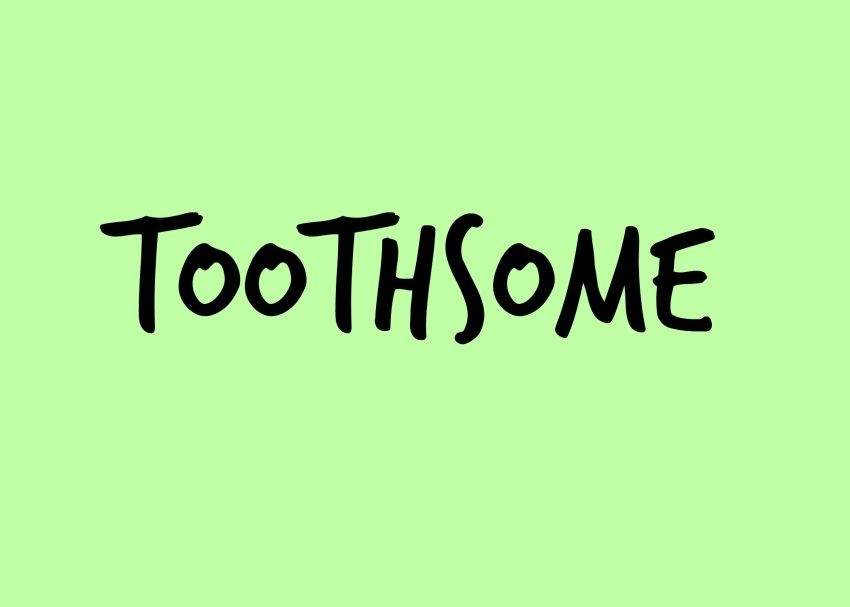
"Seeing the word 'toothsome' makes me crazy. That's just not a word anyone ever uses. Obviously, the writer popped 'tasty' into the thesaurus and came up with 'toothsome'. Ugh!" -- Claire Tansey, Chatelaine food director.
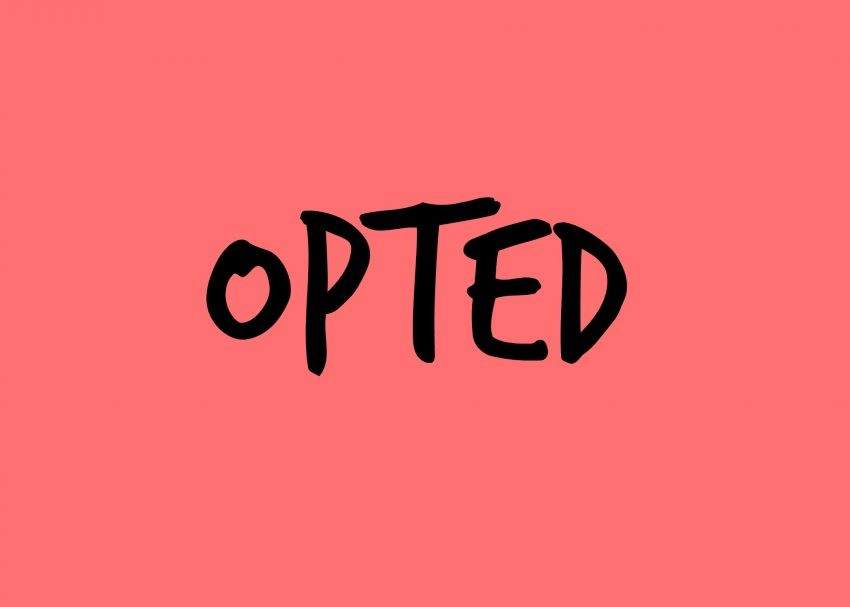
"I hate the word 'opted' as in, 'We opted for the artisanal things on a board made by the bearded man.' No one in real life uses this word, I only ever see it in food writing. And believe me, I used to use it myself like crazy. It's so phony, [like] when you just can't keep it simple and use 'picked' or 'chose'. I also hate the word 'dollop', but I see it used so much that I'm sure loads of people love it. It must make them feel all warm and cozy inside while they think of Nigella spooning clotted cream over a scone, but it just makes me feel a little bit barfy!" -- Ivy Knight food writer/author.

"It makes me think of indigestion and stomach pain. A close second would be ‘oily’, which also makes my stomach turn just a little." -- Janet Ho, FoodNetwork.ca editor.

"It conjures up pictures of undercooked pastry and I hate soggy pastry! Well, doesn't everyone? Also ‘rare’; as with my upbringing, I can’t do meat that just bleeds all over my plate. I don’t need it to be shoe leather, but if it bleeds on my plate then I have to get it an Elastoplast!" -- Linda Garson, Culinaire editor-in-chief.

"It rarely holds merit because food can be so subjective and personal, yet people toss around 'best' all of the time. It's a really bold statement. It can be relative, dependent on what a person has tried or not tried. I'll say things like, 'My favourite so far,' but not, 'The best.' Most of the time, it comes down to it being an opinion and not a fact [when it comes to food]. Can you really tell me you've tried every [insert dish name here] in the world that you can actually say something is the very best? I don't think so!" -- Mijune Pak, food blogger at FollowMeFoodie.com.

